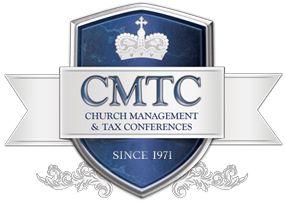|
Pastors and ministers of religious institutions have come under increased scrutiny that relates to cash practices, and the proper accounting and reporting required for each. He was the Pastor of a good Church in the mid-Atlantic region. The Church paid its obligations promptly each month. To look at it from the outside looking in everything seemed fine. The un-manifested problem however was the Pastor. He felt as if the Church was not properly supporting him (though it was, based on the size and income of the ministry). Pastor H. decided the best way to supplement his income was to receive “Love Offerings” each week that would be earmarked as such. This Pastor began to remove the cash from the offerings. If any individual wrote a check for that “Love Offering” the Pastor would simply remove that amount of cash from the collection thereby leaving the check to be deposited to the Church’s account. One of the Elders approached the Pastor in love and expressed his concern for the actions of the man of God. The Pastor defensively replied, “I bring it in, I should be able to take it out.” Whether or not someone blew the whistle, or it was the result of other issues, the IRS began their audit. When the IRS showed up and indicted him on 5 counts, one of which was illegal love offerings, the Judge and jury would not accept the Pastor’s arguments. The Pastor discovered himself in a “prison ministry” of which he had no desire or anointing to fulfill. He went to prison!
|
Archives
September 2020
Categories |

 RSS Feed
RSS Feed



